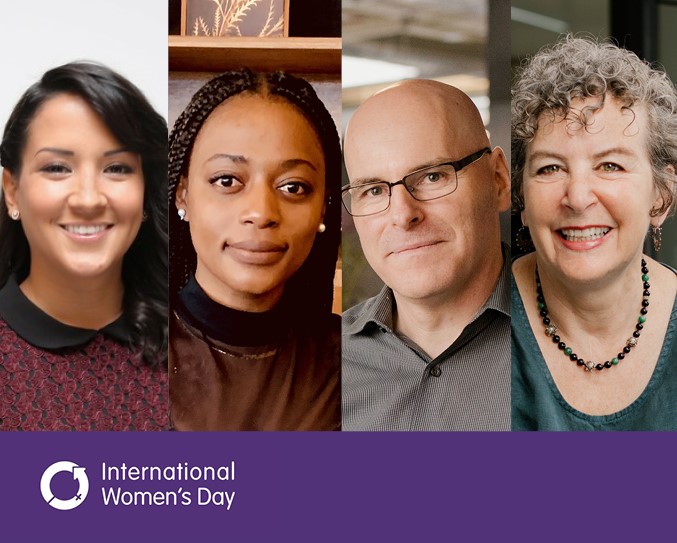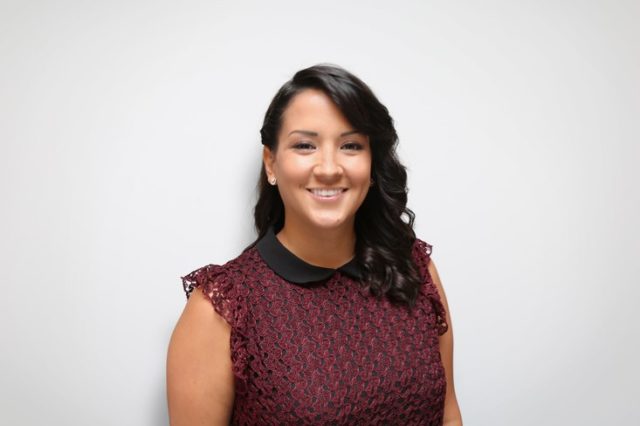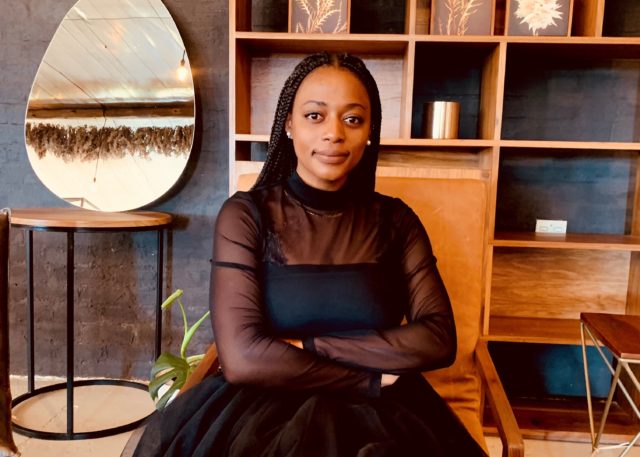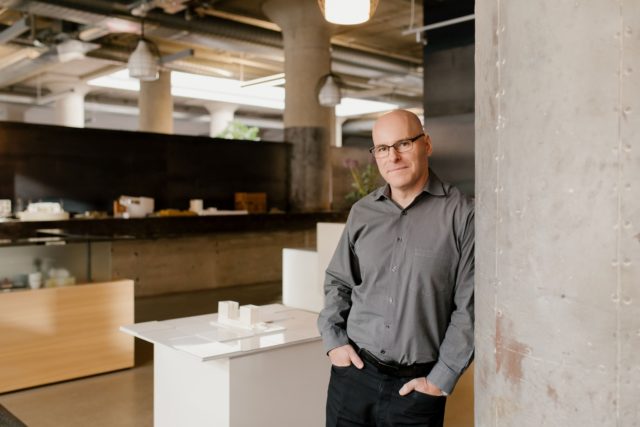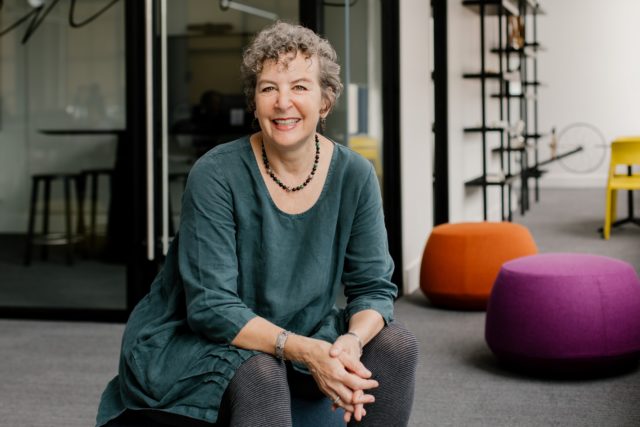When we talk about bias, what does it mean to you personally?
When I first left home and moved to Edmonton for school, my roommate and I had joined a study group with some friends in our psychology class. A few weeks in someone asked me what my background was. I told him I was Métis and he looked at me weird and said “Oh, well what are you doing here in school? Don’t you people just stay on the rez and collect your money from the government?”
This was the first time anyone had ever had the gall to, in short, call me a “lazy Indian” to my face. It is something that replays in my mind, and I often wonder if that is something many people believe. When I say I am Indigenous, do people automatically presume I am not a hard worker and magically get free money? Do people presume I got the job to check off that diversity box and not because I earned it and deserve it? Do I have so few Indigenous co-workers because they are being looked over in the hiring process due to this innate prejudice?
Did this moment become a catalyst in your life? How did this awareness of the prejudices held against you manifest in understanding your own identity?
I started learning more about what it meant to be Métis. In my past career I decided to take a job working and traveling in the Western Arctic as a dental assistant. Setting up mobile dental clinics throughout these tiny little Indigenous communities allowed me to see firsthand the state of these communities, and the hand they had been dealt. That trip prompted me to go back to school to become a technologist and pursue a career where I could help shape our community.
At DIALOG we’ve won Indigenous contracts and I express my passion for my culture and desire to work on these types of projects. I’ve learned so much from those projects, but it wasn’t until I had my first daughter that I realized I needed to raise her to be proud of her heritage. To know where she came from and what her roots are, and to as a family reclaim some of the traditions that we’ve lost over the years. I started my journey of learning more about my culture and almost a path of reconciliation with my own identity and I’m not hiding from it anymore.
You and the other members of DIALOG’s Indigenous Storytelling Team are helping to start conversations and raise awareness of the Indigenous peoples history and path forward. How did the Team come to fruition?
I thought – I’m doing this work, by myself for myself, but it could benefit so many other people by sharing this journey and sharing the routes that I’m taking to learn – which is what prompted me to extend it into my work at DIALOG.
With a lack of Indigenous role models in leadership positions, I personally feel there is no one like me who I can look up to. With no Indigenous voices at the decision-making table to speak up and advocate for Indigenous people, will inequities be properly addressed by the allies who the burden then falls on?
The Indigenous Storytelling Team’s goal is to help define what reconciliation means to DIALOG. This overarching theme involves improving allyship, sharing knowledge, celebrating culture, and increasing awareness on the biases Indigenous people face to help them break through these unfair tendencies.
When we talk about improving allyship, what does that look like?
I think a lot of time allies think it’s enough to say “I’m an ally and I support you. How can I help?” But the biggest way to be an ally is to leverage your position. To take your advantages and see how they can benefit someone else.
It’s less about asking the person how you can help, and more about putting yourself out there and doing the work yourself. The best way to be an ally is to stop asking for permission, or the proper way to do it, and just stick your neck out there and be willing to make mistakes until you find out the best way you can lend a hand.
How do you work to challenge biases you may hold?
I’m really fortunate because I have two daughters and there is so much I want to teach them about being strong women that is more widely accepted today vs. the times I grew up in. For me the place to start is by being a good example and walking the walk. Modelling in myself the changes I wish to see in them.
I catch myself or my husband jumping to the “bossy” label when my daughter is telling us what to do. She’s not being bossy, she’s showing leadership. She knows what she wants and we need to stop using those old narratives and start spinning things in a more positive light, for her. We’re also teaching her to make herself proud – versus pleasing other people. I think that’s a traditional way for women to be a “good woman” – to listen, be accommodating, helps others, and put others before yourself.
I’m trying to instill in my daughters a sense of pride and happiness in their actions and achievements. I want their motivations to be driven not by external validation but by their internal compass and valuation. I’m trying to change the narrative for the next generation.
